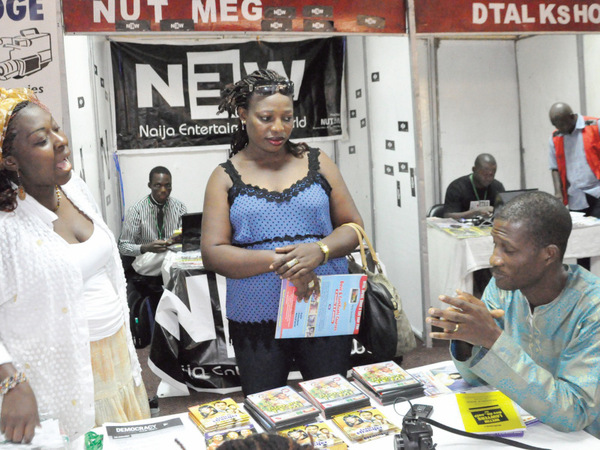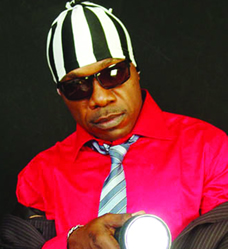
The sixth edition of the Abuja Film Festival came to an end after an eventful four days of movie screenings, lectures, discussions and an exchange of ideas. This year’s festival had the theme ‘Nollywood, What Next? – with an emphasis was on what direction the industry is headed.
Festival organiser, Fidelis Duker in his welcome address at the opening ceremony thanked guests and participants for coming. He explained that the festival was postponed for about a month, and noted that it was taking place at a critical time in the world economy.
“A fact which no doubt had its negative effect on the social and economic landscape of Nollywood,” he noted.
Mr. Duker discussed the reasoning behind for this year’s theme: “Heralded as the world’s second largest film producer, Nollywood is yet to put out the quality of films which make it as strong an international competitor as it should be,” he said.
He re-emphasised the need for government support, saying “When we say we need the government’s support, we do not only need financing but the creation of an enabling environment for the industry to thrive. It is a win-win situation.
If the government does this, they can use Nollywood movies for sending out messages that would improve Nigeria’s image internationally.
They could borrow a leaf from Hollywood; though a heavy private sector establishment, it thrives because the government creates an enabling environment – and they in turn benefit because most movies produced portray America as an infallible superpower, which is the perception the world has because of the movies! ”
Mr. Duker stressed the need for the Abuja Film Festival to also compete on an international scale, hence the high number of movie entries cutting across several countries.
In his remarks, Segun Arinze, President of the Actors Guild of Nigeria (AGN), said “I was here at the inception and this is the sixth edition. I’m glad at how the festival has grown, this industry is the next big thing after crude oil, but unlike crude oil it will never get exhausted because it is a generational thing and the human manpower will never [finish].”
Paul Obazele, President of the Producers Guild of Nigeria, welcomed all stakeholders and thanked the sponsors. “We believe in this industry’s capacity to grow and we believe we can make it what it should be,” he said. “That is why we are here, because of our determination to take the film industry to another level.”
The festival was a roller-coaster of discussion sessions and film screenings. There were 101 film entries in different categories from several countries. These included documentaries, short films, experimental films, feature films and animations.
There were also stands where different movie industry support facilities were provided, from movie camera equipment to CD marketing companies.
Some of the topics discussed during the festival included: ‘Nollywood! What Next?’ (this session addressed the next stage for Nollywood filmmakers; and looked at how some of them have improved their production values); the Role of Film festivals and Awards in Tourism Development; Film Content Development as a tool for Rebranding Nigeria; and Alternative Sources of Revenue Generation and Copyright in the Creative Industry – from a Nigerian perspective.
The festival ended with a closing ceremony and awards night. There were performances from musicians, Smile and JSB. The crowd also got a dose of humour when an Indian expatriate took to the stage to mime a Nigerian music track.
The awards were in eleven categories with the Tunisian film, ‘Mam is a Star’ winning the Golden Picture Award. Others winners included ‘Lagos Sanitiser’ (Best Indigenous Animation) and ‘Bariga Boy’ (Best Indigenous Documentary).
In his closing speech, Duker thanked the audience and participants for attending. He expressed the desire to make the next edition better.
“Most of our participants who made entries could not make it here but they made the effort to send in their material… The 2010 edition will have a marked difference, we are taking the Abuja Film Festival on the road! We’ll make sure that each new edition holds in a different state, until we cover the 36 states of Nigeria. ”
The festival ended on this note of promise and if the quantity of entries is anything to go by then, there is a good chance of fulfilling the promise.



















